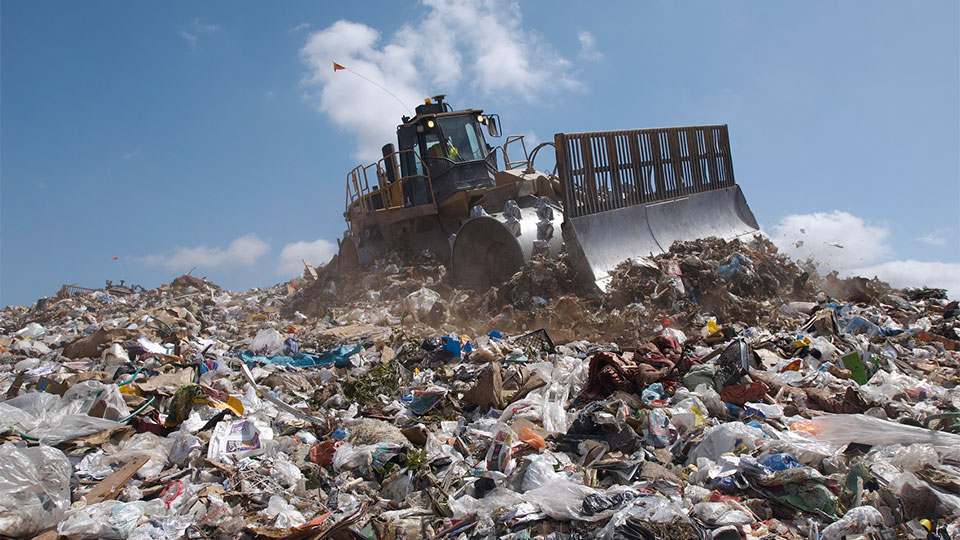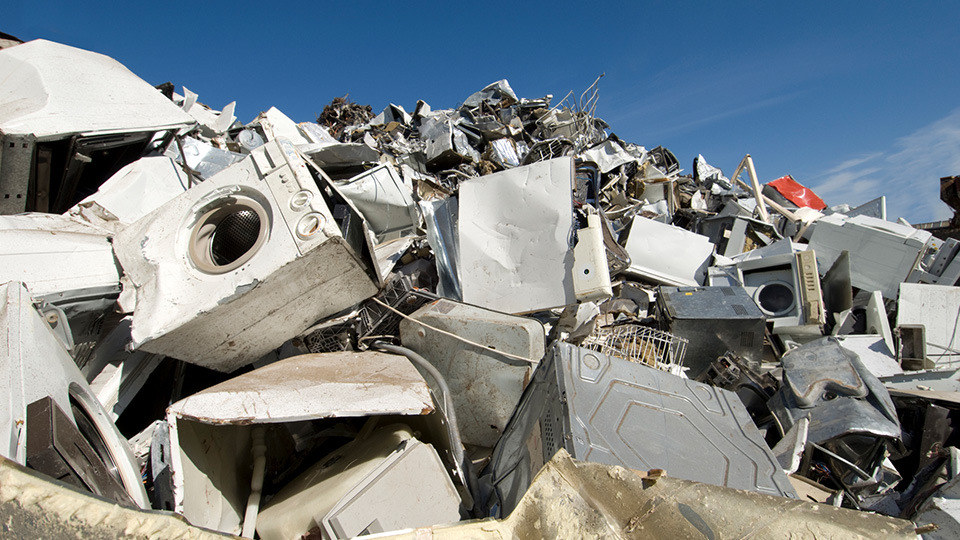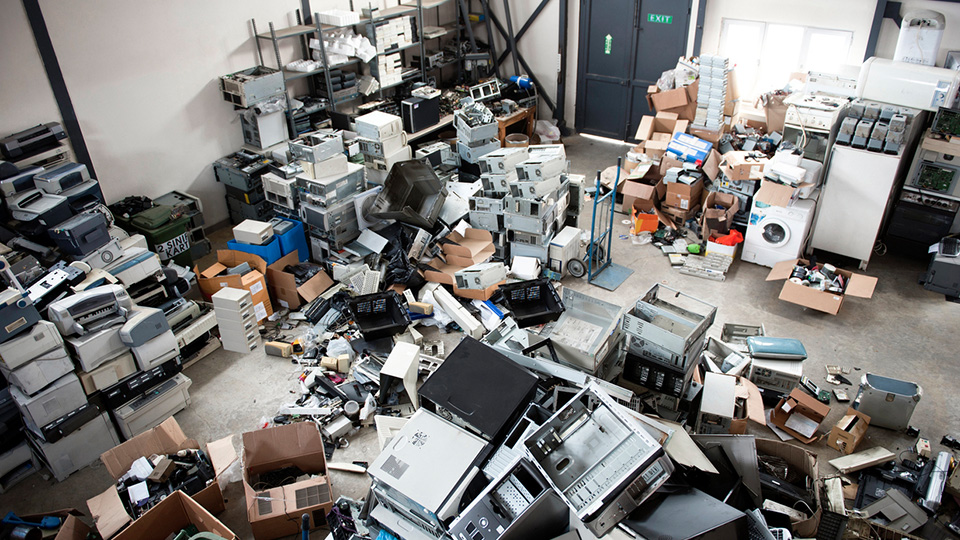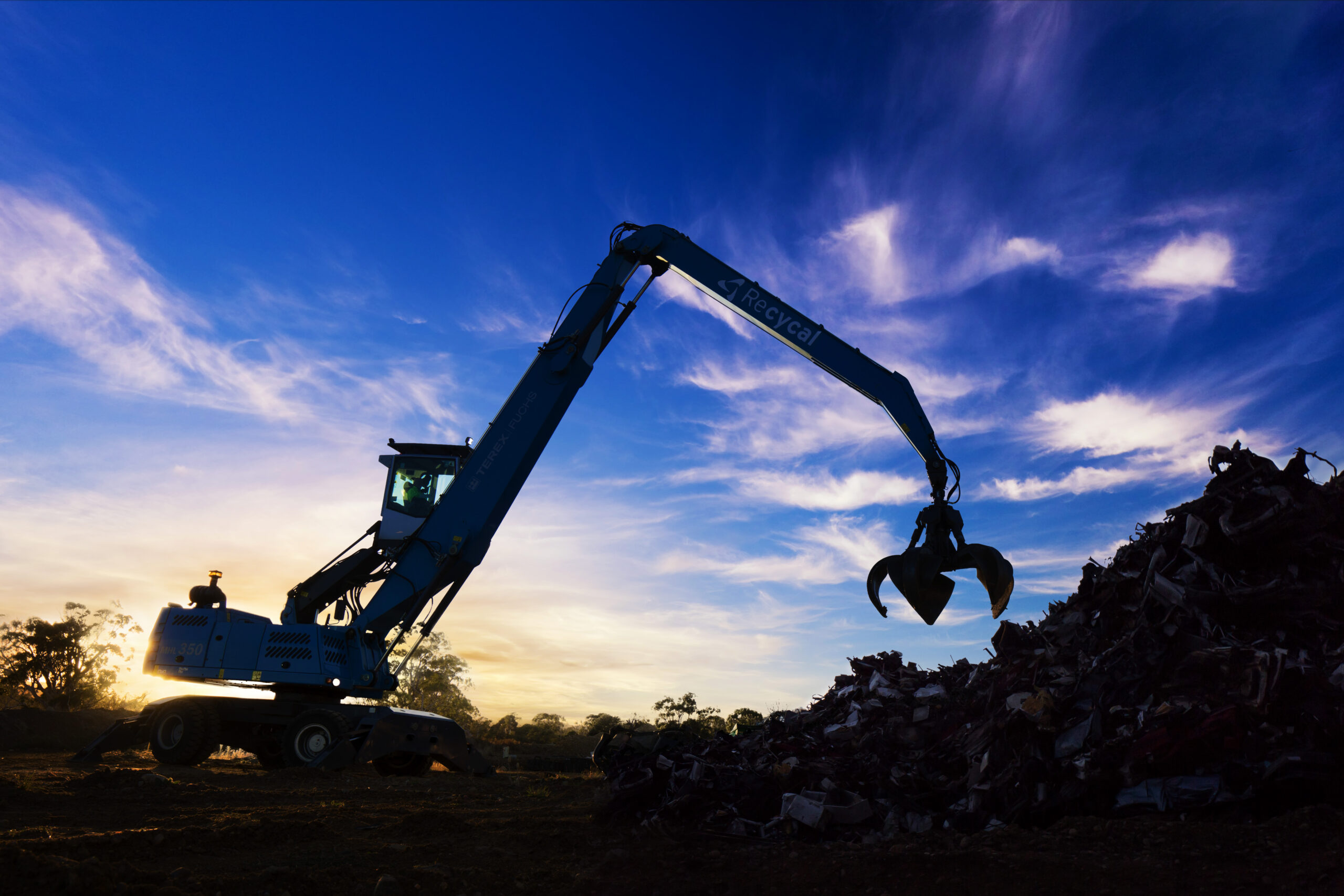The main types of nickel-based batteries that most people will come across are nickel-cadmium (Ni-Cad) and nickel-metal hydride (NiMH). Although both types of battery can be used in industrial and heavy-duty applications, such as electric vehicles, aircraft standby batteries and for stationery power, their real popularity is for powering consumer items – cordless phones and drills, toys, portable sound systems and computers. A key attraction compared with cheaper types of household battery is that they are rechargeable.
From an environmental point of view, cadmium is the problem. It’s a toxic metal and makes up around 18% of the weight of consumer Ni-Cad batteries. Cadmium is one reason for the increasing number of battery recycling programs, and in some countries the sale of Ni-Cad batteries is being restricted. As a result, and because they can store more energy for the same weight, the popularity of NiMH batteries is increasing.
It’s important to remember that in some devices the battery may not be obvious. Electric toothbrushes are one example. As they may contain Ni-Cad batteries, it is important that these items be returned to their place of purchase for proper disposal.
What’s Recycled
Steel, nickel and, in the case of Ni-Cad batteries, cadmium can all be recovered from nickel-based batteries. All of these metals can be used to make a variety of products, including new batteries.
What Are The Economics?
For consumer batteries, recycling costs more than the value of the recovered metals. The real payoff is in keeping cadmium out of the environment, and reducing the need to mine the various metals.
For larger, vented, industrial Ni-Cad batteries, the economics are more attractive.
Next article: lithium-based batteries.
Other articles in this series:
Battery recycling #1 – non-rechargeable household batteries
Battery recycling #3 – Lithium batteries
Battery recycling #4 – Lead-acid batteries
Prius car photo sourced from Wikipedia
Ecocycle Can Recycle Your Batteries
Ecocycle are a full service battery recycler. If you have any old and unused batteries, recycle them with us and help keep toxic elements out of our environment.





